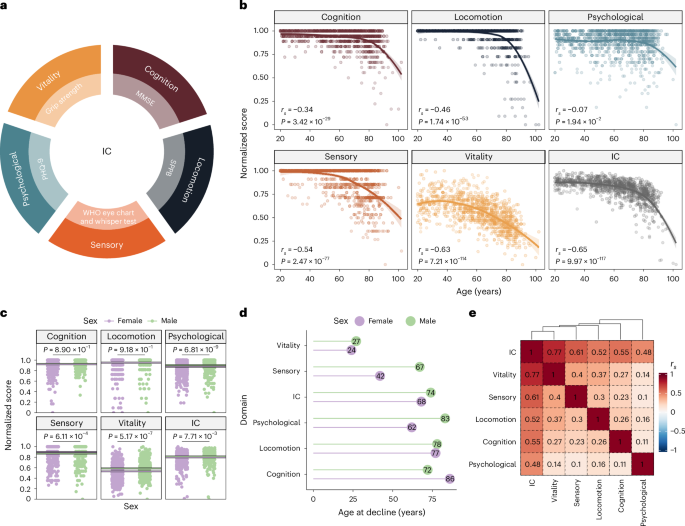
As the global conversation on health in 2025 is shifting towards prevention and lifestyle-based medicine, a critical aspect of health still remains surprisingly under-discussed—the gut microbiome. So much so, that it is often described as the body’s “forgotten organ”. However, the trillions of microorganisms residing in the human digestive tract more than just passive inhabitants.They actively shape our health, with the power to influence everything fromdigestion and immunity to chronic diseases and even mental well-being.In the Indian healthcare context, where lifestyle diseases now account for over half of all premature deaths—as highlighted in the Apollo Hospitals Health of the Nation Report 2025—the gut microbiome deserves far more attention. Everyone understands digestive disorders that may be visible at the surface, but deeper imbalances within the gut microbiota are often at the root of many systemic problems that people do not understand.These microorganisms do not just help us digest food or make vitamins. They’re constantly in conversation with our immune system, influencing inflammation, metabolism, and even how we respond to stress. Hence, when this microbial ecosystem is thrown off balance – which is a state known as dysbiosis – it can silently lay the foundation for chronic conditions like obesity, diabetes, hypertension, or even heart disease.In fact, several recent studies have drawn direct correlations between disrupted gut flora and conditions like insulin resistance, elevated blood pressure, and abdominal fat accumulation.There has been fascinating research in the recent times on role of short-chain fatty acids(SCFAs), which are beneficial compounds produced by gut bacteria when we consume fibre. One of the findings of such research is that SCFAs like, for instance, butyrate don’t just protect the gut lining; they also help regulate blood sugar levels and reduce systemic inflammation. The problem? The typical modern diet, high in refined carbohydrates and low in fibre, drastically reduces the population of SCFA-producing bacteria.This sets the stage for chronic low-grade inflammation—now recognized as a key driver of most lifestyle diseases.There’s also the gut-brain connection to consider. What happens in the gut doesn’t stay in the gut. Anxiety, depression, mood swings—these have all been linked to imbalances in gut microbiota, thanks to the complex communication network known as the gut-brain axis. With stress levels at an all-time high, especially among India’s working population, this link has never been more relevant.The bigger problem is that despite such compelling connections, the microbiome remains conspicuously absent from public health campaigns. Discussions around digestive health still largely focus on acidity, bloating, or diet fads, rather than the deeper internal ecosystem that silently governs much of our physiological balance. This has to change.The good news, however, is that nurturing the microbiome isn’t difficult – it just requires conscious, consistent choices. Traditional Indian diets, when not diluted by modern processed food habits, are naturally gut-friendly. Fibre-rich lentils, fermented foods like curd and pickles, and seasonal vegetables are great for microbial diversity. However, the challenge lies in sustaining these habits amid urban lifestyles marked by rushed meals, stress, and excessive antibiotic use.Simple steps can make a significant difference. Increasing fibre intake, cutting down on processed foods, avoiding unnecessary antibiotics, managing stress, and including natural probiotics in the diet can collectively reshape the gut microbiota for the better. For those at high risk of metabolic diseases, gut microbiome screening may soon become a practical tool in preventive diagnostics.Looking ahead, as India continues its push towards a more health-literate and prevention-oriented society, the gut microbiome must take its rightful place in the conversation. It’s not just about digestion. It’s about immunity, metabolism, mental health—and longevity. This once-forgotten organ may well be the key to tackling the lifestyle disease epidemic of the 21st century.







